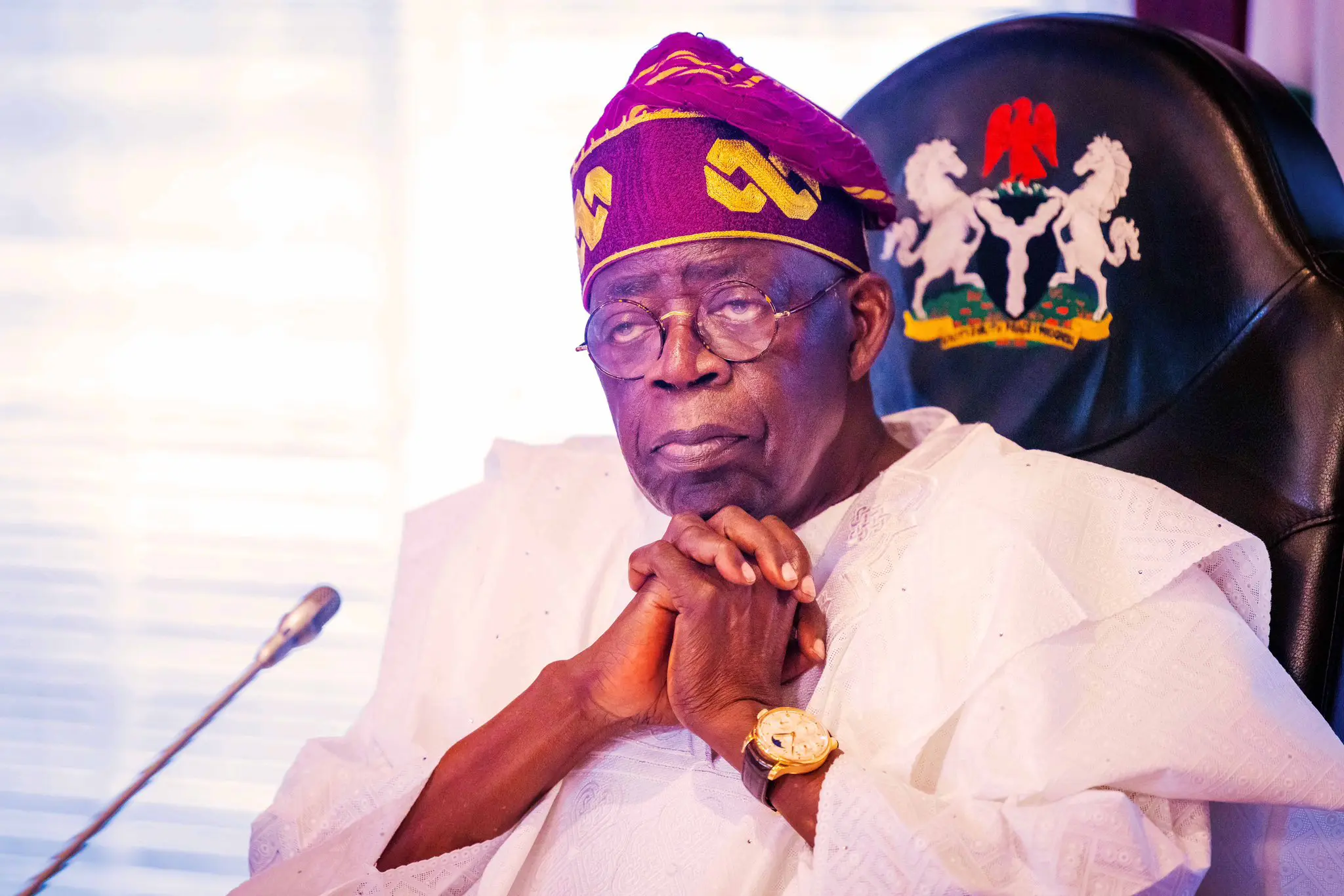Extracting raw minerals without local processing deepens Africa’s underdevelopment – Tinubu
President Bola Ahmed Tinubu on Wednesday raised an alarm over Africa’s long-standing profile as a supplier of raw minerals to countries of other continents. The president said extracting raw minerals from Africa had continued to keep the continent in a “state of poverty, making it even more underdeveloped.” He made the observations while delivering his […]

President Tinubu
President Bola Ahmed Tinubu on Wednesday raised an alarm over Africa’s long-standing profile as a supplier of raw minerals to countries of other continents.
The president said extracting raw minerals from Africa had continued to keep the continent in a “state of poverty, making it even more underdeveloped.”
He made the observations while delivering his keynote address during the African Minerals Strategy Group (AMSG) meeting on the sidelines of the ongoing 79th Session of the United Nations General Assembly in York, United States.
Represented by Vice President Kashim Shettima, Tinubu pointed out that while Africa holds a significant portion of the world’s mineral reserves, including 92% of global platinum, 56% of cobalt, and 54% of manganese, these resources have been primarily extracted and exported to foreign countries for refining and manufacturing.
- Hardship: Civil servants go to work twice a week
- Borno: Shehu remained in flooded palace to encourage victims – PDP scribe
The president also highlighted the urgent need for the continent to break free from this dependency, stating that the extraction of raw minerals without local processing only deepens Africa’s underdevelopment and prolongs its economic challenges.
In his address titled, “Africa’s Natural Resources Shaping the Future”, President Tinubu explained that the situation had left the continent at the mercy of foreign markets, forcing it to repurchase finished products at much higher prices.
“A situation in which the raw minerals are extracted from our countries, exported, refined and sold to us as finished products merely consolidates the foundations of our misery and pushes us further down the depths of underdevelopment,” he stated.
Tinubu, in a statement released yesterday by Stanley Nkwocha, Senior Special Assistant to the President on Media & Communications (Office of The Vice President), called on African nations to adopt a new agenda that prioritises local value addition, which he sees as essential to industrialising the continent and providing sustainable economic growth.
On the evolution of lithium-ion technology, President Tinubu noted that the development has enabled the swift production and manufacturing of portable consumer electronics such as laptops, computers, cellular phones and electric cars.
He continued: “We live in a world of electronic mobility in which lithium-powered batteries provide higher specific energy, higher energy density, higher energy efficiency, longer cycle life, and longer calendar life.
“The global need for new battery technology has triggered a new scramble for Africa’s critical minerals. Africa possesses 92 per cent of global reserves of platinum, 56 per cent of cobalt, 54 per cent of manganese and 36 per cent of chromium. These are the minerals employed in the manufacturing of the new batteries. In short, the world needs Africa today more than ever.”
On his part, the Minister of Solid Minerals, Dele Alake, who also spoke at the event in his capacity as the Chairman of the Africa Minerals Strategy Group, laid out the group’s vision to transform Africa’s mining industry through local value addition and industrialisation.
He criticised the traditional model of mineral extraction in Africa where raw materials are exported for processing abroad, resulting in lost economic opportunities and jobs on the continent.
He maintained that this pattern of trade has left African nations vulnerable, as they are forced to import finished goods at inflated prices.
The minister also proposed a shift towards local value addition-processing raw minerals into finished goods within Africa-as a strategy for enhancing the continent’s economic independence and contributing more significantly to its GDP.
